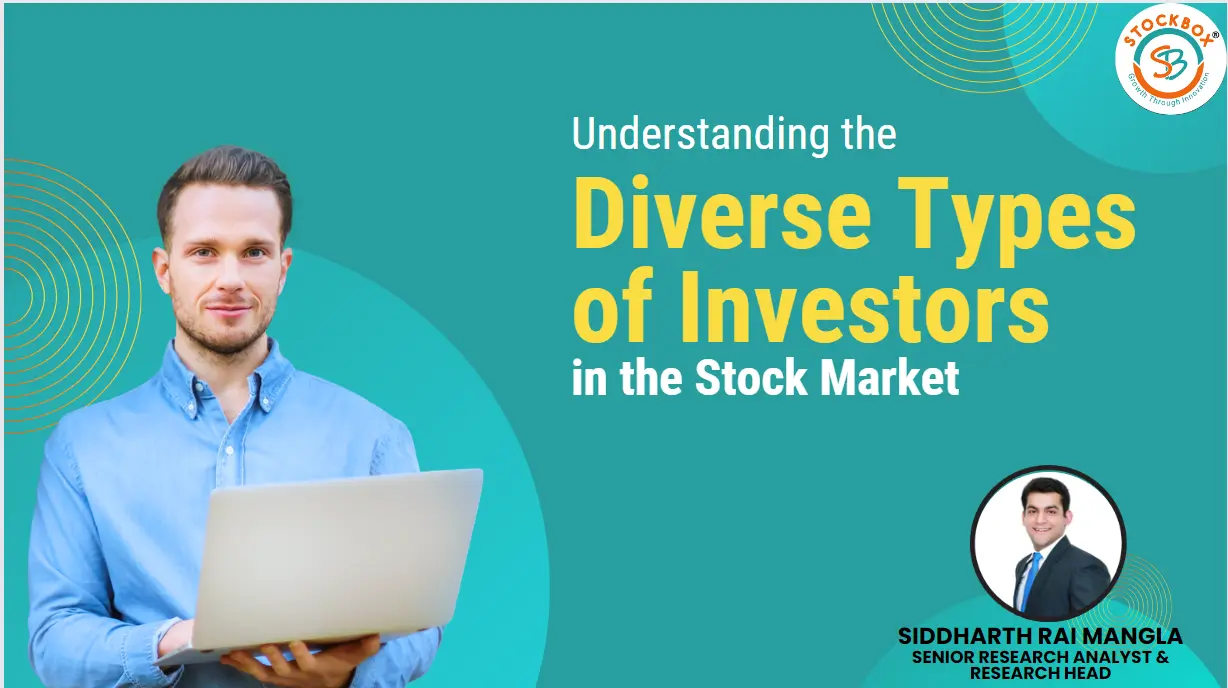The stock market is a dynamic arena, attracting a plethora of investors with varied goals, strategies, and risk appetites. Understanding the different types of investors can provide valuable insights into market dynamics and behaviors. Let’s delve into the distinct categories that define the landscape of stock market participants.
The Novice Investor
Novice investors are typically new entrants to the stock market, eager to dip their toes into the world of investing. They may lack experience and knowledge, often seeking guidance from educational resources or financial advisors.
The Conservative Investor
Conservative investors prioritize capital preservation over high returns. They tend to favor low-risk investment options such as blue-chip stocks, bonds, and dividend-paying securities. Their primary focus is on stability and steady income streams.
The Growth Investor
Growth investors are driven by the pursuit of substantial capital appreciation. They gravitate towards stocks of companies with strong growth potential, even if they entail higher levels of risk. They are willing to tolerate short-term volatility for the promise of long-term gains.
The Value Investor
Value investors adhere to the principle of buying undervalued assets. They meticulously analyze financial metrics and seek stocks trading below their intrinsic value. Patient and disciplined, they believe in the eventual recognition of a stock’s true worth by the market.
The Day Trader
Day traders thrive on short-term market fluctuations, executing multiple trades within a single day. They capitalize on price movements, leveraging technical analysis tools and strategies to generate quick profits. Day trading demands sharp analytical skills and swift decision-making abilities.
The Passive Investor
Passive investors adopt a hands-off approach to investing, often utilizing index funds or exchange-traded funds (ETFs) to mirror the performance of broader market indices. They prioritize diversification and cost-effectiveness, aiming to match the market’s overall returns.
The Contrarian Investor
Contrarian investors swim against the tide, embracing opportunities when market sentiment is pessimistic. They buy stocks that are out of favor or undervalued, anticipating a turnaround in fortunes. Contrarian strategies require conviction and the ability to withstand skepticism from the majority.
The Institutional Investor
Institutional investors comprise hedge funds, mutual funds, pension funds, and other large entities investing on behalf of clients or stakeholders. They wield significant influence in the market, conducting thorough research and executing sizable trades that can impact prices.
The Socially Responsible Investor
Socially responsible investors integrate environmental, social, and governance (ESG) factors into their investment decisions. They seek to align their portfolios with ethical and sustainable principles, supporting companies that prioritize corporate responsibility and positive societal impact.
The Speculator
Speculators are risk-takers who engage in high-stakes bets on short-term price movements. They may trade derivatives, options, or volatile stocks with the aim of profiting from market fluctuations. Speculative trading entails considerable risk and requires a high tolerance for uncertainty.
Understanding the different Types of Investors in the stock market highlights the complexity and richness of financial markets. Each category brings its own motivations, strategies, and risk profiles, contributing to the dynamic nature of market dynamics. Whether conservative or adventurous, long-term or short-term oriented, investors play a pivotal role in shaping the trajectory of stock prices and market trends.

